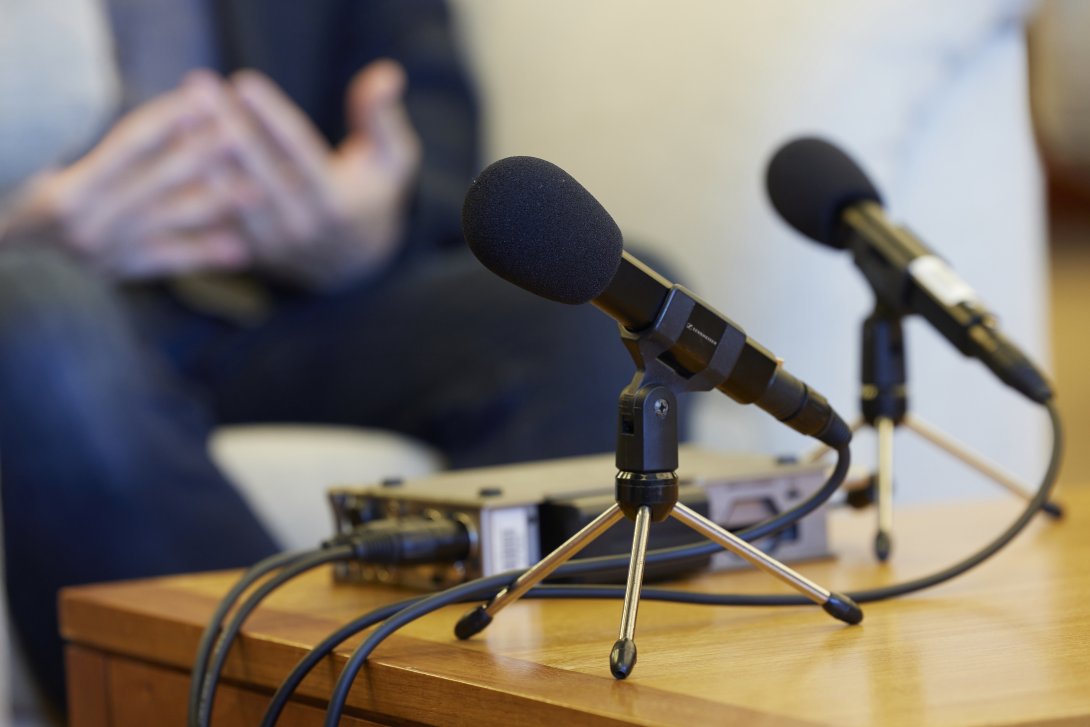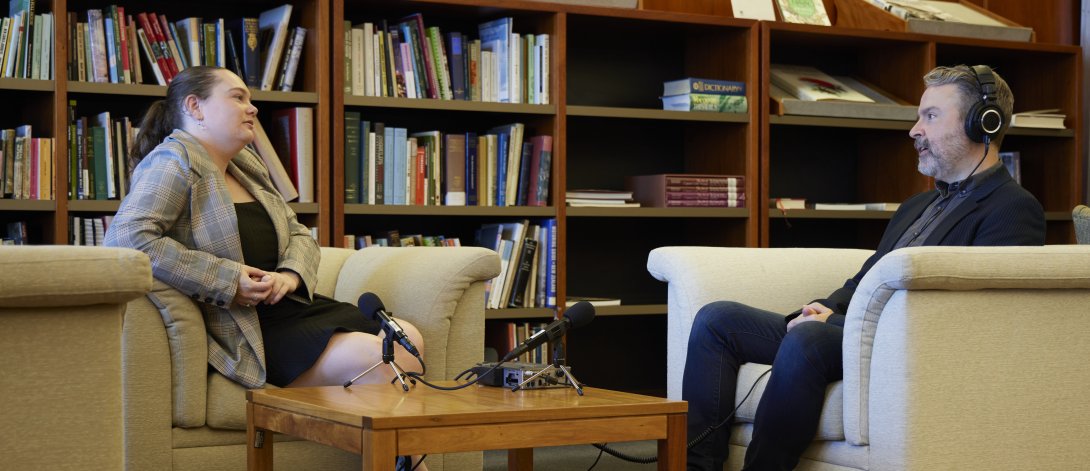
The COVID-19 virus was first identified in December 2019 with the first Australian case recorded 20 January 2020. The pandemic’s effects in Australia and across the globe continue to be profound.
By the end of October 2024, Australia had officially recorded over 25,000 deaths and 12,000,000 cases of the virus, with unreported figures thought to be higher still. Lockdown restrictions, social constraints, financial disruptions and resource shortages have changed the way Australians engage with one another and their environments.
The oral history project
The Library is recording up to 250 interviews with a diverse range of Australians to ensure that stories of the COVID-19 pandemic are captured for present and future generations.
We have recorded 100 interviews, with many already available in our catalogue.
The project is part of the Library’s ever-growing oral history collection.
Who we are interviewing

Capturing the diversity of Australian pandemic responses is a challenging task. From healthcare workers on the COVID frontline, to school students who began learning online, to residents of aged care homes, every Australian has an important story to tell.
To capture some of that diversity, we have been interviewing people in each state and territory and across urban, regional, rural and remote areas. We’ve been speaking with people of diverse cultural backgrounds, ages, genders and abilities. And we’re including diverse perspectives on public health issues and policies.
We’ve also been reaching out to community groups, industry representatives, and volunteer organisations, seeking their suggestions on people to speak with and topics to explore.
We’re also creating a record of the policy decisions, debates, and medical advances that shaped Australian COVID-19 experiences. This is being captured by interviewing people who played prominent leadership roles through the pandemic, including political leaders, public health officials, medical researchers, and leaders in sectors including science, the arts, education, and business.
We want to ensure we capture a diverse range of perspectives and experiences. To capture the varied experiences, we are interested in interviewing those who in 2019-22 were:
- Apprentices/TAFE/Vocational Education students
- Unemployed or underemployed
- Construction workers
- Cleaners, particularly COVID deep-cleaning teams and/or hospital cleaners
- Delivery drivers
- Hospitality workers or hospitality business owners
- Retail workers or retail business owners
- Factory, warehouse or abattoir workers
We’re also interested in hearing the experiences of people who migrated to Australia after 2019 or who moved from a city to a regional area to work-from-home.
The interviews
All interviews are conducted by trained and experienced oral historians who are commissioned by the National Library of Australia and must be completed by 31 May 2025.
The Library records whole of life oral history interviews. This means we are not just interested in the ways Australians responded to the COVID-19 pandemic, but also their broader life stories.
The interviews will become part of the Library’s oral history collection, so that future generations will be able to understand the impact and significance of the COVID-19 pandemic as a major global event.
If you would like to get in touch about participating in this project, please contact us at select@nla.gov.au